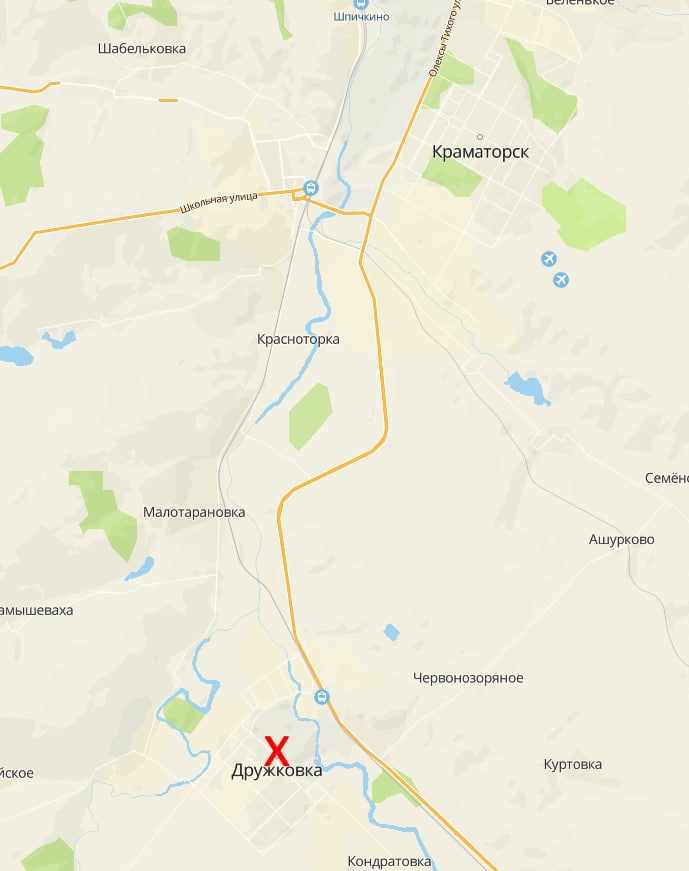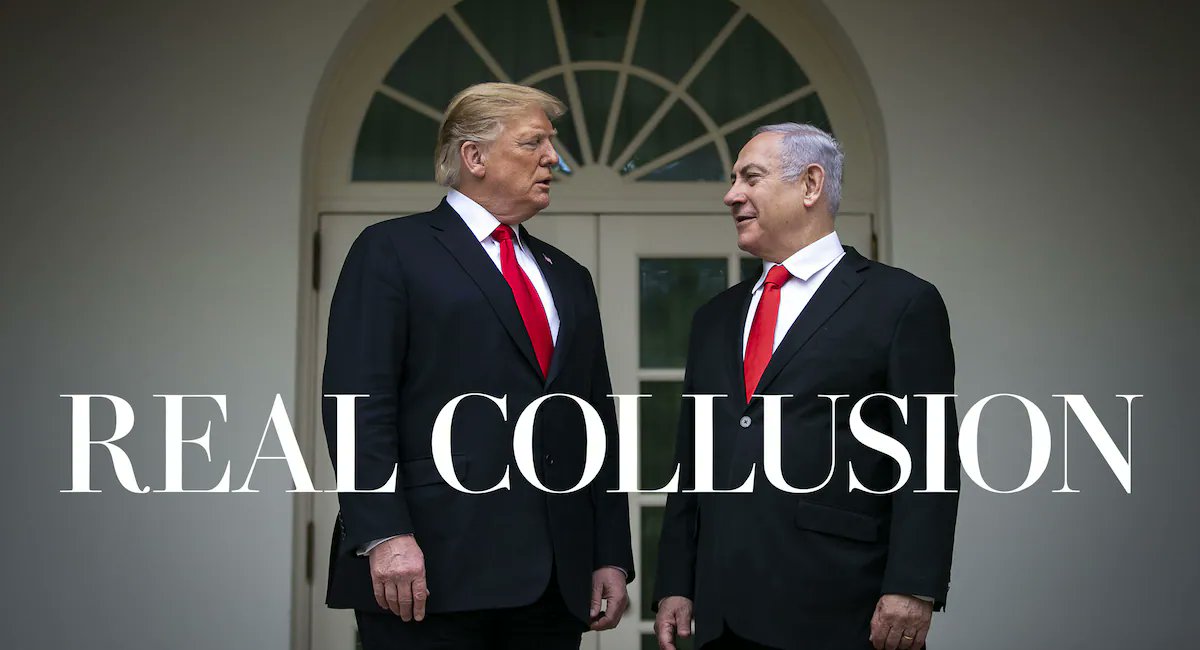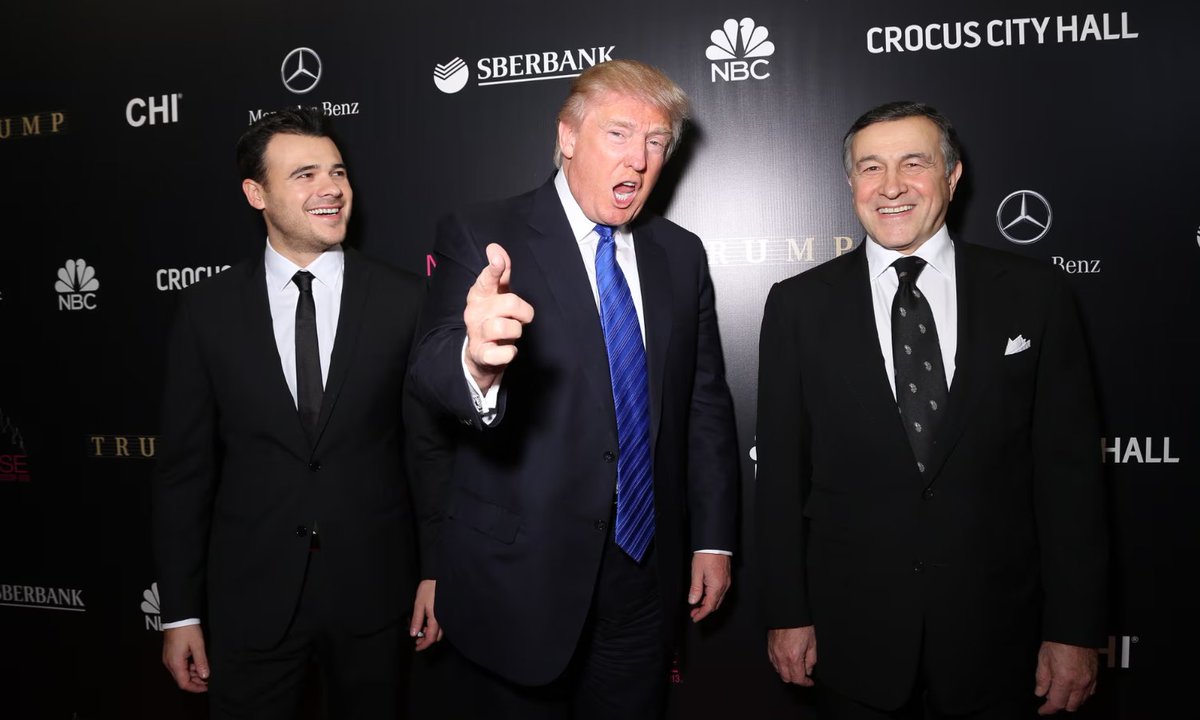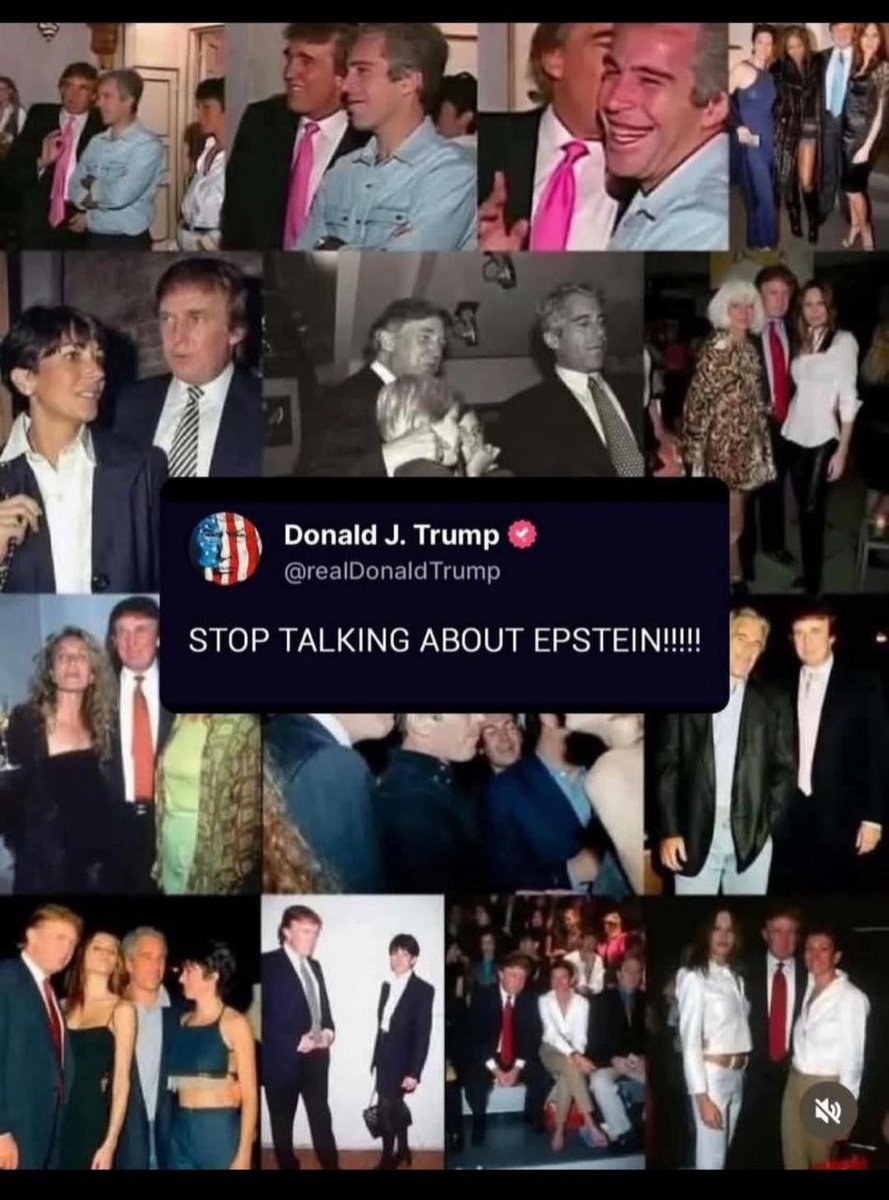Missile hit or fell down at Kramatorsk train station - Ukrainian side says it was two Russian "Iskander" missiles, but that's definitely a Tochka-U, no? 



It's 100% a Tochka-U
It says "За детей" - "For the children" (as in: revenge for the children). I'm no expert on missiles, does that look like it was shot down by AA? 

As far as I understand, mechanically, the whole missile detonates, & doesn't separate before it explodes. Could it have been a malfunction?
I mean, everyone knows that only Ukraine uses Tochka-Us, they wouldn't hit themselves with a missile that can be unambiguously identified as their own. So either brought down by AA or malfunction would be my guess
It should be trivial to reconstruct the trajectory/flight path of the missile - some Russian OSINT sources have already done preliminary analysis based on the debris & the missile seems to have come from the southwest - not sure how reliable that is 

Popular Ukrainian Telegram channel Резидент (t.me/rezident_ua): 

("popular" doesn't necessarily mean "reliable", of course, but a lot of their alleged "inside information" has panned out eventually)
The possibilities so far are:
1) Ukrainian false-flag
2) Russian attack
3) Malfunction
4) Missile was shot down by AA
1) and 2) would be war crimes, 3) and 4) tragic accidents.
1) Ukrainian false-flag
2) Russian attack
3) Malfunction
4) Missile was shot down by AA
1) and 2) would be war crimes, 3) and 4) tragic accidents.
A person in a local Kramatorsk Telegram chat group claims that his relatives saw the missile flying over Elevatorna Street, coming roughly from the direction of Druzhkovka, which would confirm that the missile came from Ukrainian-held territory in the southwest, if it's true. 







more preliminary analysis
https://twitter.com/KDima777/status/1512389036664627204
CNN still claiming it was an Iskander despite even Zelensky saying it was a Tochka edition.cnn.com/2022/04/08/eur… 

the people who are claiming to be 100% sure about what happened aren't calculating angles & looking at maps - why not?
• • •
Missing some Tweet in this thread? You can try to
force a refresh























